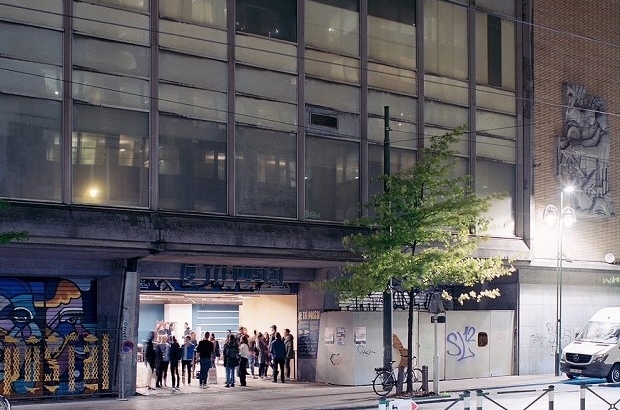- Daily & Weekly newsletters
- Buy & download The Bulletin
- Comment on our articles
Brussels to map out and target drug hotspots
In the face of rising drug crime, Brussels will focus its efforts on key drug "hotspots" in the capital, for examplé Matonge and Brussels-Midi station, according to the region’s minister-president Rudi Vervoort and Sophie Lavaux, head of safe.brussels – the body that coordinates prevention and security actions in the Brussels region.
This strategy will be accompanied with a police decree valid throughout the territory and follows calls from three city mayors: Jean Spinette (Saint-Gilles), Christos Doulkeridis (Ixelles) and Fabrice Cumps (Anderlecht) for a coordinated effort to tackle the increased crime and violence linked to drug trafficking.
Some measures will apply to the whole of the Brussels region and others just to these "hotspots". For example, in the first case, there could be rules banning the sale of laughing gas or the use and sale of fireworks.
In the second, in these drug "hotspots", the sale and consumption of alcohol in public places could be forbidden between 22.00 and 6.00. Communes would also have powers to seize dangerous objects or those that facilitate drug use. These measures will be valid for three months (renewable).
With this upcoming law soon to be issued by Vervoort and to cover the whole of the Brussels region, Brussels is offering a sort of administrative kit to the local authorities, Vervoort and Lavaux explained.
They will be able to - and can alread - complete the arsenal of measures with a municipal decree authorising the systematic control of identity cards. Anderlecht has just started doing this in the Peterbos area.
The new measure is politically sensitive, particularly given October’s communal elections and the probable stigma attached to "hotspot" communes.
Under the decree, the commune will need to state the main arteries of each hotspot and its exact location. Anderlecht will have at least three: Peterbos, Brussels-Midi and Clemenceau stations, and Chaussée de Mons.
Saint-Gilles will have two hotspots – the square Jacques Franck and the Porte de Hal and its surrounding park area. In Ixelles, action will be centred on Matongeé – the area around the Chaussée de Wavre.
Choosing the hotspots will be done in collaboration with the local authorities. Police presence will be increased on these areas, although it remains to be seen how much this will be possible given the current difficulties to find enough staff.
Belgium in general is becoming more known as a drug centre. Antwerp for example is becoming known for the first port of entry or call for cocaine in Europe.
Some 116 tonnes of the substance were seized by police in 2023, a substantial increase from the 110 tonnes taken in 2022 and 90 found in 2021.


















